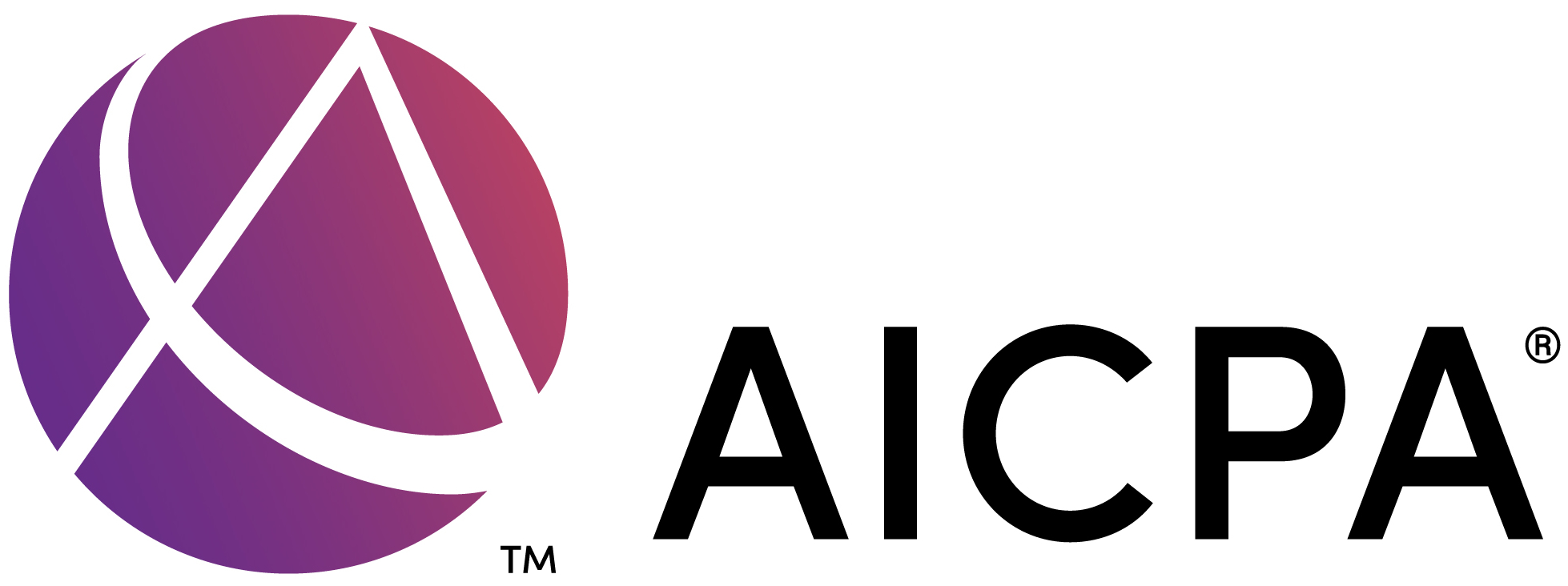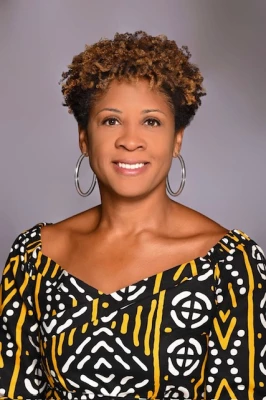Leaders of the CPA profession, the regulatory community and representatives from critical stakeholder groups are joining together to explore possible changes to the CPA licensure model that embrace the need for expanded skillsets of professionals. The goal of the effort is to align licensure with how CPAs will perform services in an increasingly technologically-driven environment.
The CPA Evolution Working Group, which is having its second meeting today, was formed by the National Association of State Boards of Accountancy (NASBA) and the American Institute of CPAs (AICPA).
The Working Group consists of representatives from Boards of Accountancy, state CPA societies, CPA firms of all sizes from around the country, the accounting academic community, and NASBA and AICPA volunteer committees. They have been tasked with advising NASBA and the AICPA on actions that would position the profession for the future while continuing to protect the public interest.
“Technological innovation and changing client demands are rapidly transforming the skills accountants need to thrive,” said Working Group Chair Cathy Allen, CPA, a managing member of Audit Conduct LLC and a member of NASBA’s Board of Directors. “We want to reimagine the CPA learning and licensure approach. Working Group members recognize the critical role of technological and data analysis expertise needed in firms and businesses today. Our goal is to recommend a strategy that provides the guiding principles for how to build related knowledge and skills into accounting curricula and how to test for those proficiencies on the CPA Exam.”
In the last year, the AICPA and NASBA have discussed potential alternatives to the current licensure model with key stakeholders and have gathered valuable initial feedback. A principal theme that has emerged from the feedback is support for action to evolve the approach to licensure.
“We really value the early engagement we’ve seen from the profession’s key stakeholders,” said Susan S. Coffey, CPA, CGMA, AICPA executive vice president for public practice. “Based on what we’ve heard, there is no question that the profession is ready to take action to capitalize on the opportunities that technology presents to us. That includes an evolution in our approach to licensure that embraces the changes and continues our public protection mandate. I’m looking forward to the Working Group’s recommendations and engaging with the profession and our key stakeholders throughout 2019.”
The Working Group will meet again this winter, and recommendations on a path forward regarding the licensure model are expected to be shared with state boards, state societies, CPAs and other stakeholders next year.
In addition to Allen, CPA Evolution Working Group members are:
- Tom Broderick, CPA, CGMA, managing principal, BPW&C
- Mark Dawkins, CPA, CGMA, CMA, dean, Coggin College of Business, University of North Florida
- Clay Huffman, CPA, senior manager, Frazier & Deeter, LLC
- Nancy Wolven-Juron, CPA, partner, Deloitte LLP
- Audrey Katcher, CPA/CITP, CGMA, CISA, partner, RubinBrown LLP
- Rick Niswander, CPA, CGMA, professor, East Carolina University
- Todd Shapiro, president and CEO, Illinois CPA Society
- Susan Somers, executive director, Kansas Board of Accountancy
- Michael Womble, CPA/ABV/CFF, CVA, MAFF, ASA, managing partner, Williams Overman Pierce, LLP
Thanks for reading CPA Practice Advisor!
Subscribe Already registered? Log In
Need more information? Read the FAQs




